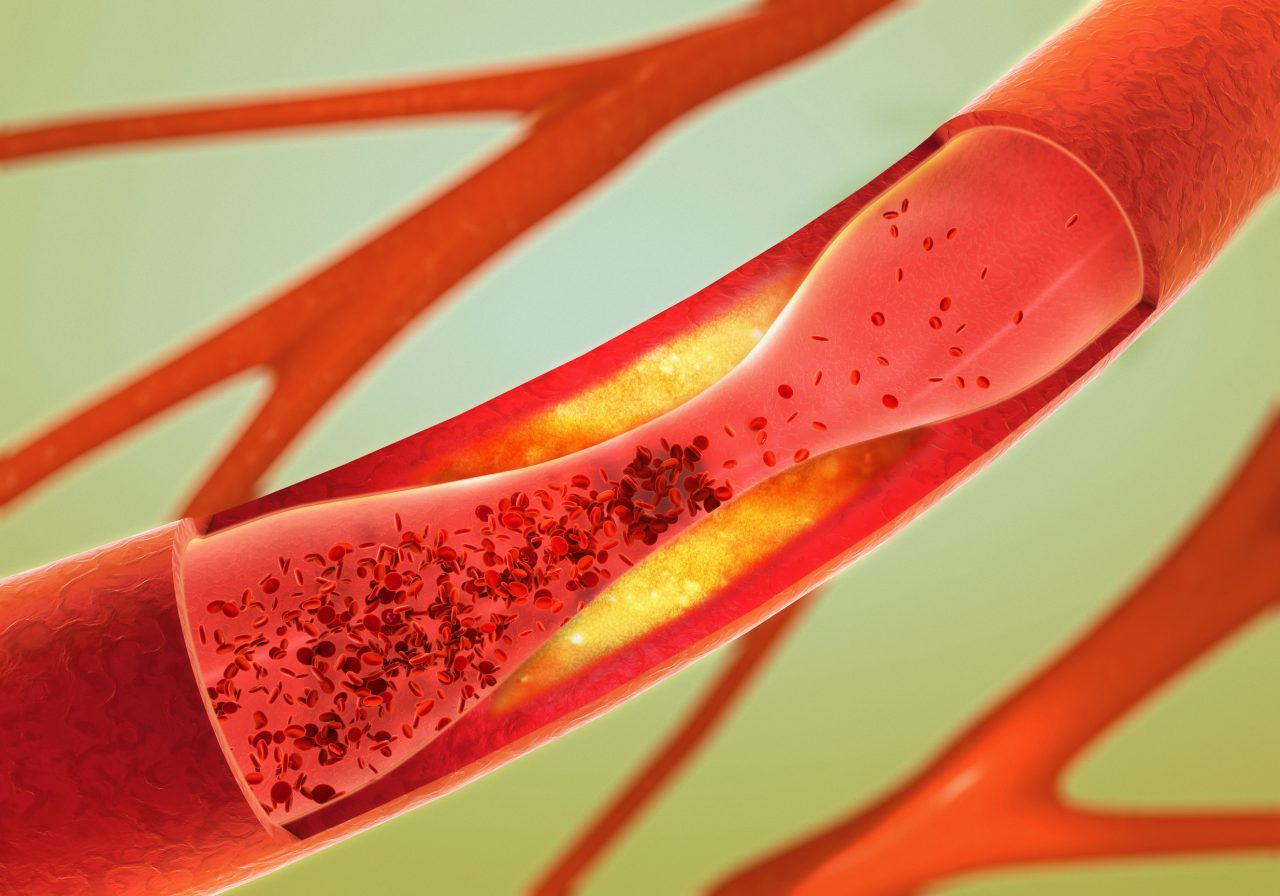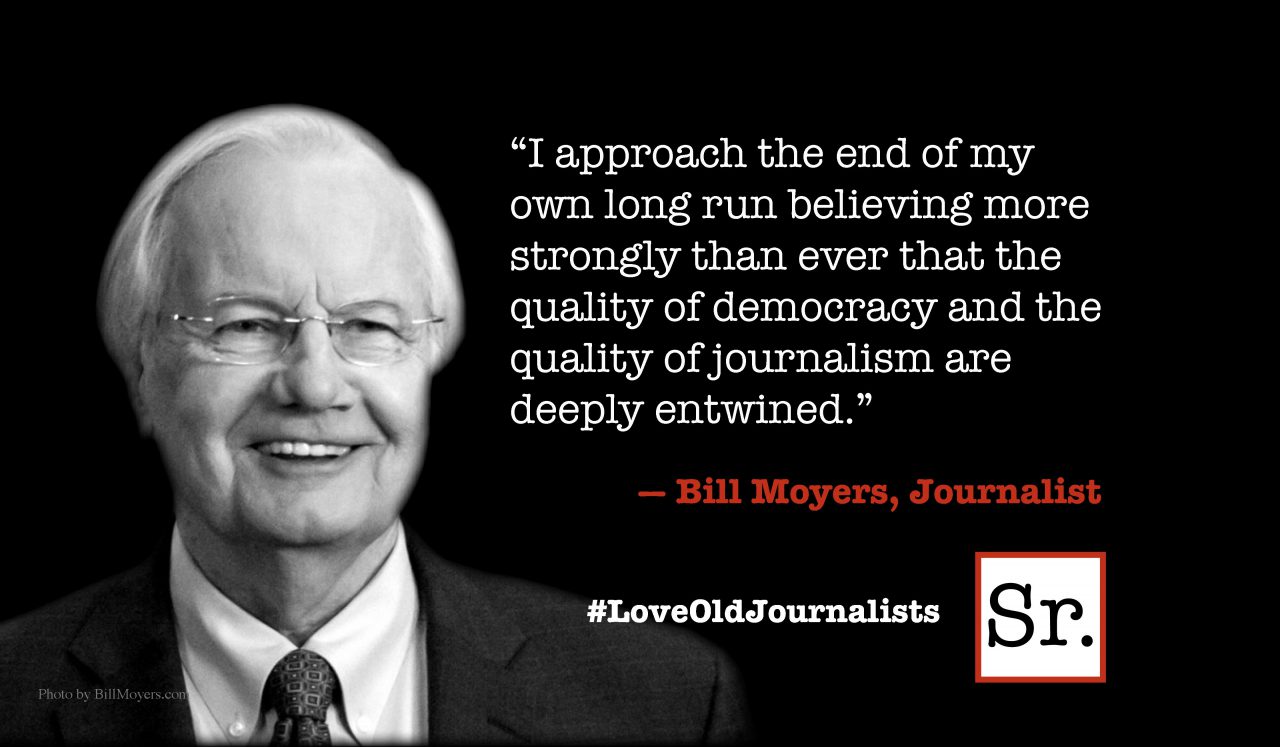Q. When you have a bypass, what exactly do they do to your heart?
In heart bypass, an incision about a foot long is made down the center of the chest to expose the heart. The surgeon takes a section of healthy blood vessel, often from inside the chest wall or from the lower leg, and attaches the ends above and below a blocked artery so that blood flow is diverted around the narrowed portion of a diseased artery.
Because the heart beats constantly, it needs a steady flow of fuel. If a fuel shortage is serious, you have a heart attack and muscle begins to die. During traditional bypass surgery, a patient is put on a heart-lung bypass pump to oxygenate and circulate blood.
The surgery usually takes between three and six hours. On average, surgeons repair two to four coronary arteries. After surgery, patients spend a day or two in the intensive care unit. Recovery takes six to 12 weeks.
Among the techniques in development is minimally invasive heart surgery which uses smaller incisions. Minimally invasive surgery may avoid placing the patient on a heart-lung machine and may be done with several small incisions.
Q. How can you avoid the the pain and bleeding associated with hemorrhoids?
Hemorrhoids are inflamed and swollen veins around the anus (external) or in the lower rectum (internal). Hemorrhoids are caused by straining when defecating, aging, pregnancy, sitting or standing for a long time, obesity and heavy lifting.
Avoiding constipation is critical to preventing hemorrhoids. Doctors recommend increasing fiber and fluids in your diet to develop softer stools that don’t lead to straining. So, it’s important to eat whole grains, vegetables and fruit. Taking a fiber supplement each day helps, too. Drink liquids. Exercise.
A few other pointers:
- If you have to sit or stand for a long time, take breaks often.
- Don't sit on doughnut cushions because they can increase the pressure on the veins in the anus.
- Don't hold your breath when trying to defecate; this creates greater pressure in the veins in the lower rectum.
- Go to the bathroom as soon as you feel the need. Waiting can make your stool dry and harder to void.
- Avoid laxatives that can lead to diarrhea.
- Keep the anal area clean.
- Apply ice packs or cold compresses on the anus to relieve swelling.
- Over-the-counter pain-relievers such as acetaminophen, aspirin or ibuprofen can relieve discomfort.
Q. Kidney stones run in my family. What can I do to to combat them?
Kidney stones are composed of crystals of substances in urine. Many small stones pass unnoticed from the two kidneys down the tubes (ureters) leading to the bladder. But, if they are too large to pass, you may feel pain.
Kidney stones can be caused by heredity, diet, drugs, climate, infection and other conditions that create an increased concentration of calcium, oxalate and uric acid in the urine.
If you don’t drink enough fluids, your urine can become more concentrated and that can lead to stone formation. People exposed to heat are more likely to get kidney stones. That’s why kidney stones are more common in summer.
Here are a few tips for reducing the chances of getting a stone:
- Drink about six glasses of water daily. When it gets hot, try to drink twice as much.
- Cut down on meat in your diet.
- Reduce your salt intake. Remember, most of the salt you eat is in prepared foods, not the shaker on your table.
- Drink decaffeinated beverages because caffeine can dehydrate you.
- Lemons inhibit kidney stones, so try to incorporate them in your food and beverages.









